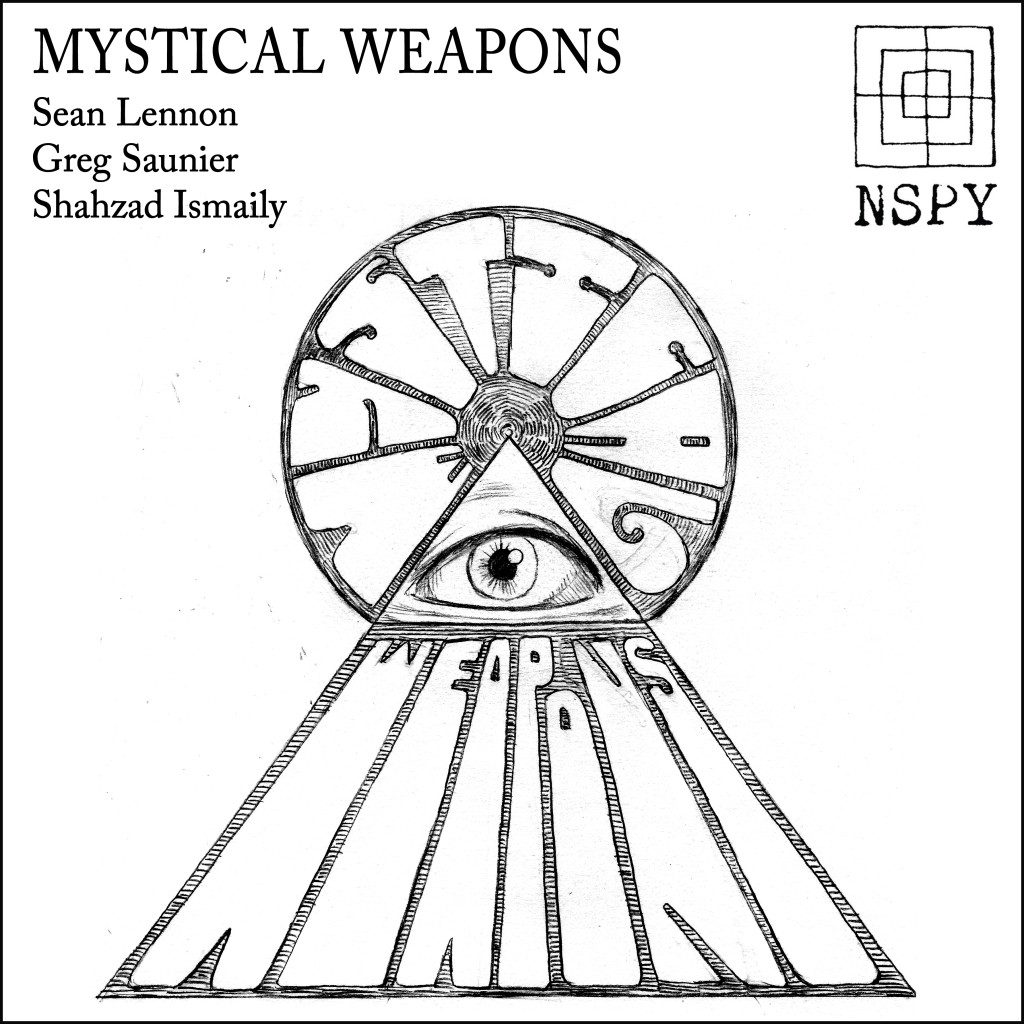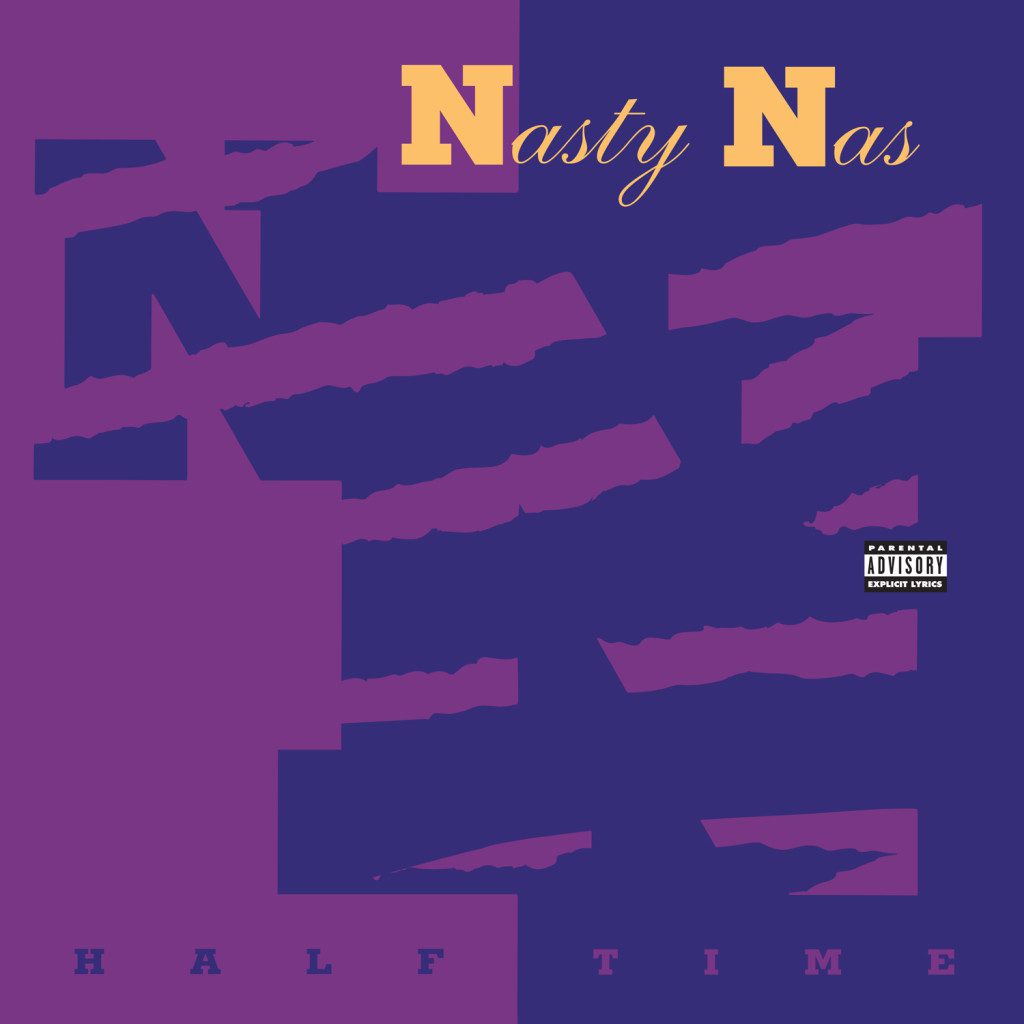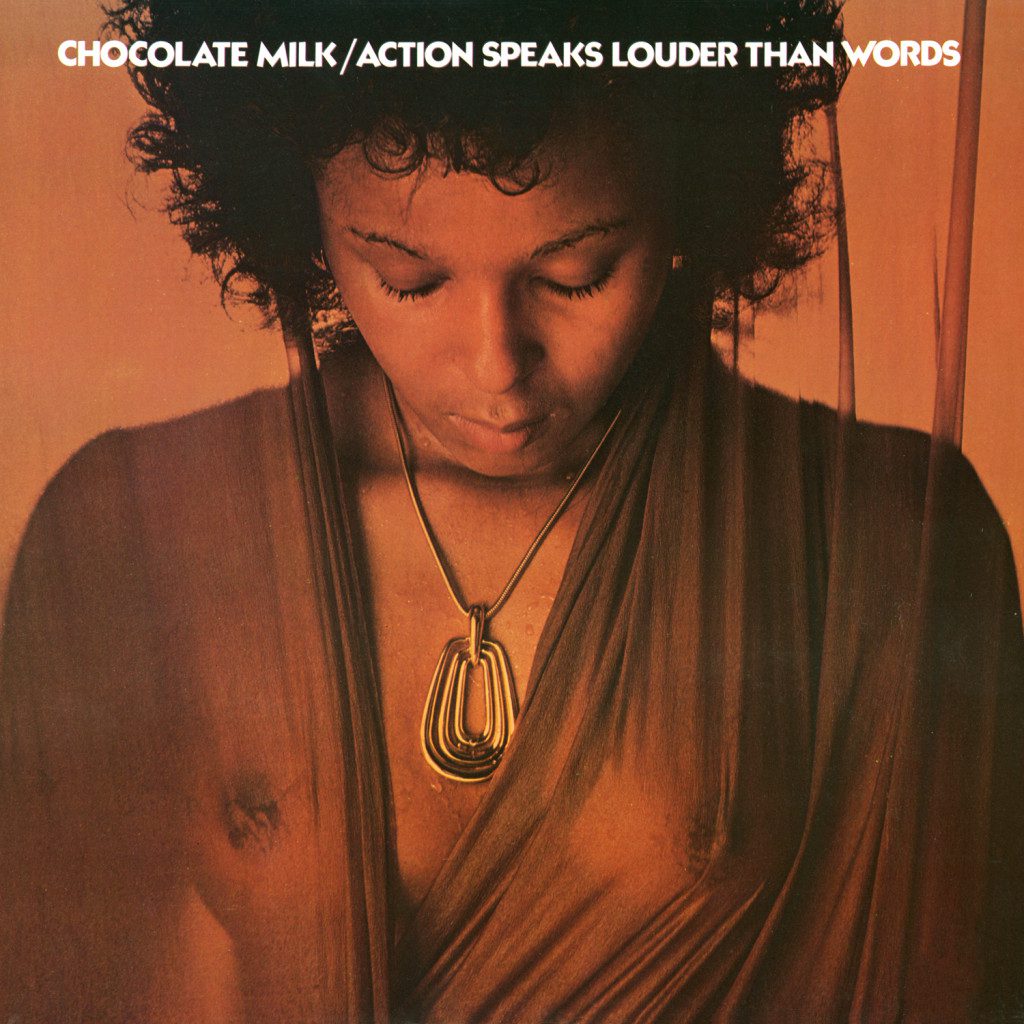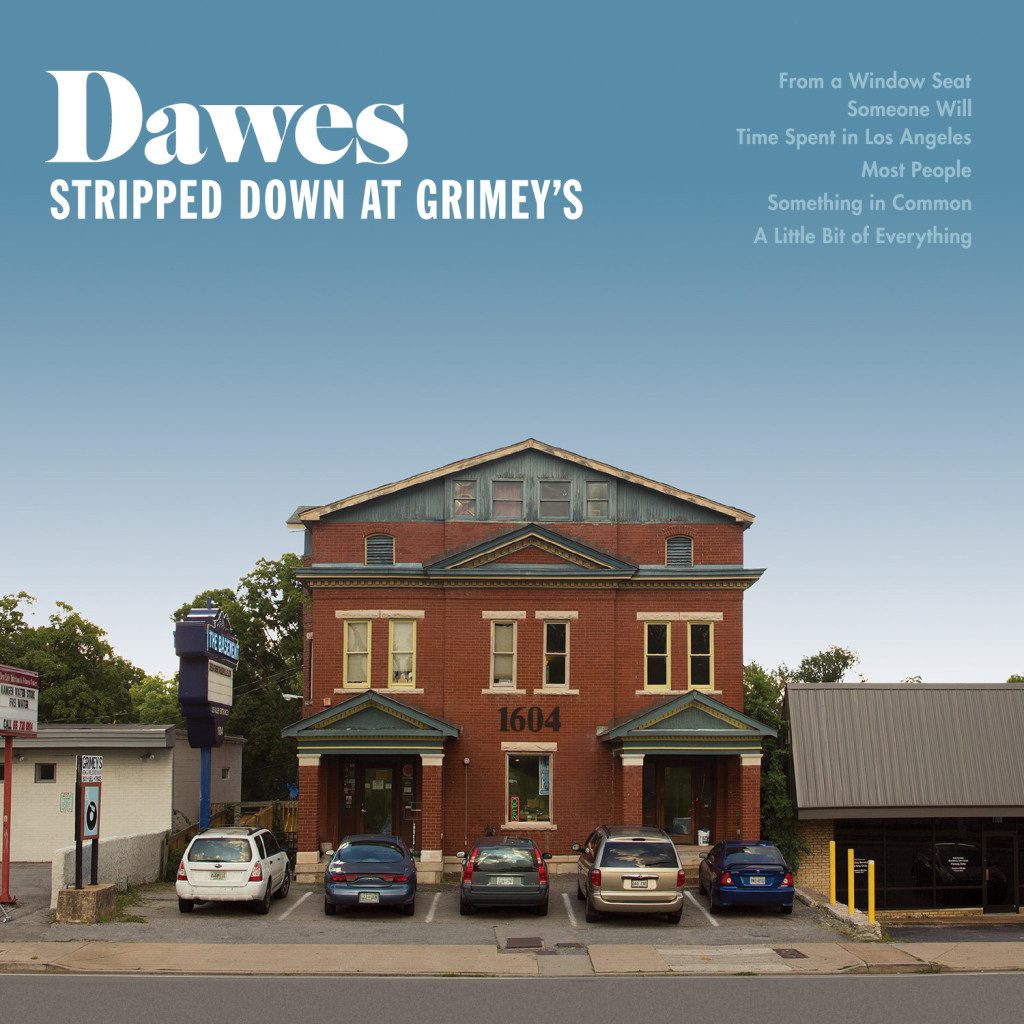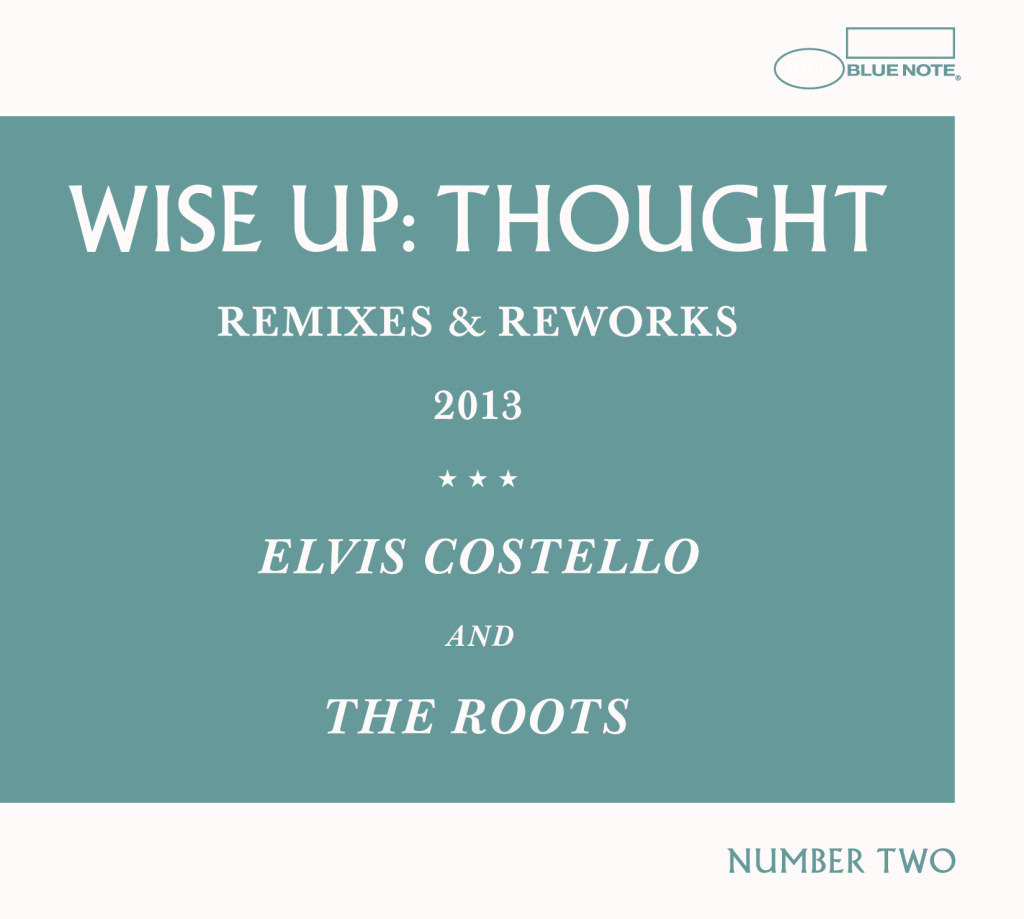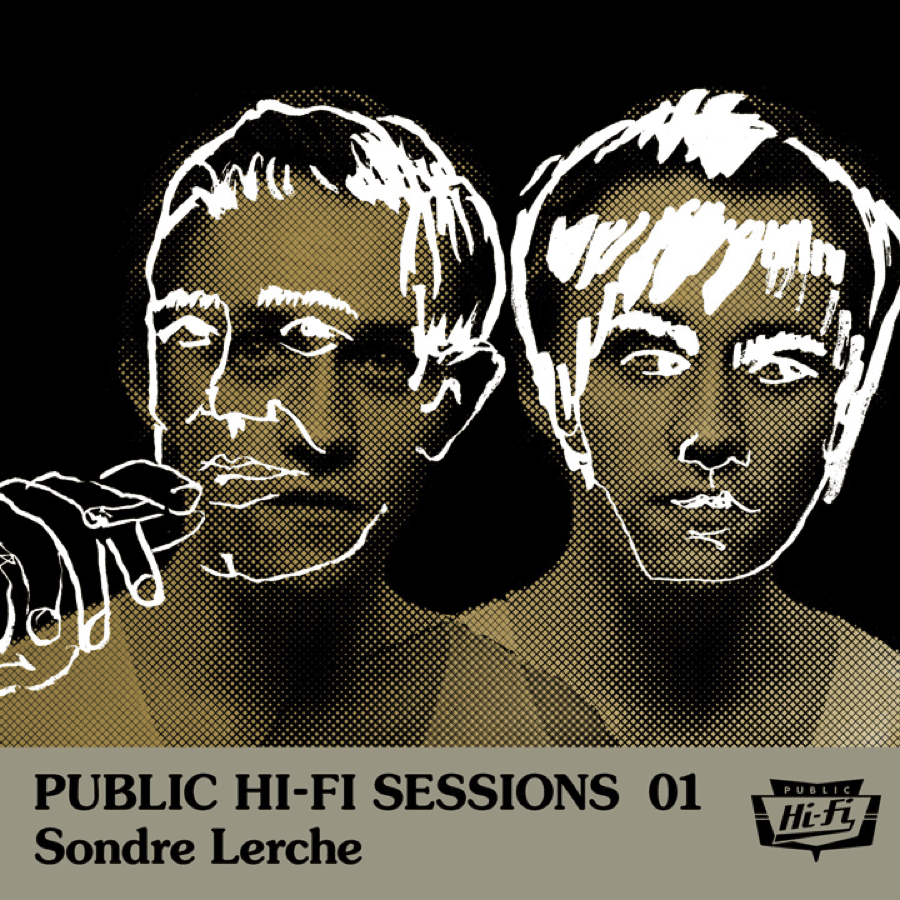Madi Diaz Archives a Universal Heartache on History of a Feeling LP
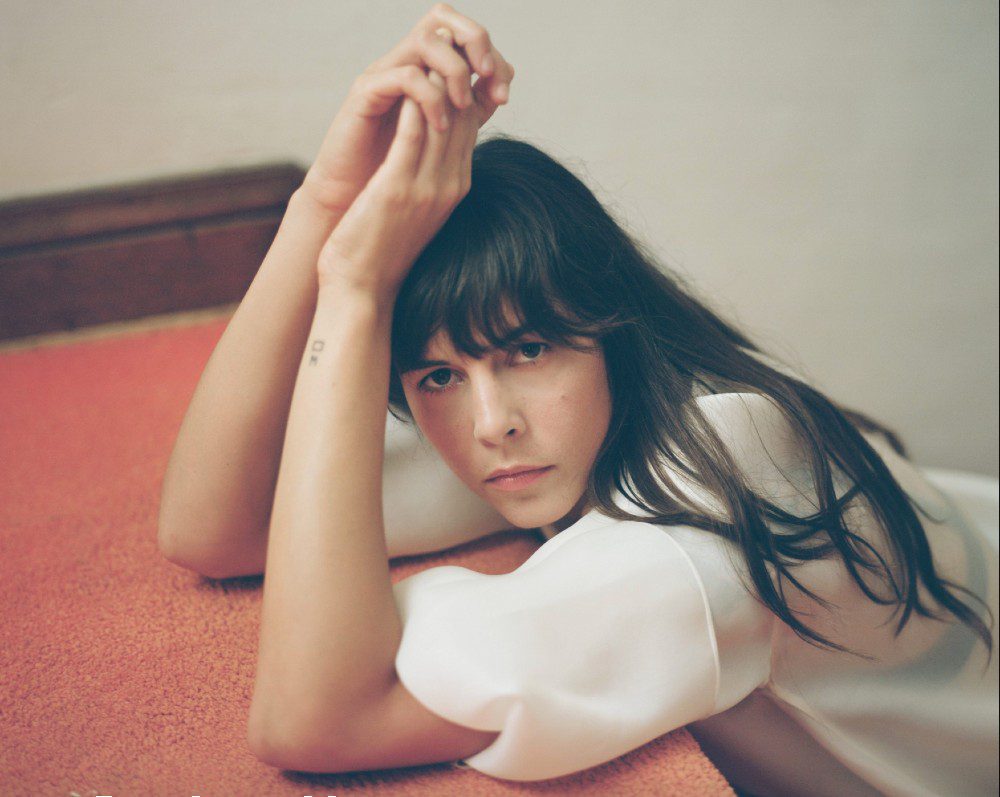

Nashville-based Madi Diaz brings us her most intimate songwriting to date with the release of History Of A Feeling, out August 27th via ANTI-. The record offers a sonic space to heal, feel, and face difficult emotions that are often swept under the rug. Diaz croons the full spectrum of heartbreak, through raw, stripped-down recordings. We gain an intimate window into her inner monologue, a spiral of personal blind spots, a system of healing, lyrics saturated with self-awareness and sophistication. She has honed, if not perfected, her songwriting craft, communicating her personal narrative with the concision of an arrow straight to the core of the heart.
The album was written three years ago, while Diaz was living in Los Angeles and “going through a gnarly break-up. I was writing at a breakneck pace, then a crawling pace,” she tells Audiofemme. “I really lucked out with this body of work. I had no expectations with it.” She’d even contemplated leaving music behind for massage therapy or some other field. But ultimately, she decided to move back to Nashville (after living there from 2010-2012) and do writing sessions again, unsure if she wanted to keep going as an artist or focus on music direction.
One such co-write with Kesha, Wrabel, and Jamie Floyd, resulted in “Resentment,” which first appeared on Kesha’s 2019 album High Road featuring Sturgill Simpson and infamous Beach Boys co-founder Brian Wilson. On History, Diaz recut the song in purest form, with only guitar and vocals. Her music video, shot in a junkyard full of abandoned and demolished vehicles, reminds listeners of the song’s essential message, excavating the wreckage of failed relationship and its emotional aftermath. As her story of disappointment, apathy, and repression unfolds, Diaz’s deliveries are poignant and gut wrenching. Her subtle country-pop cadence reverberates with clarity as she sings, “I don’t hate you babe/It’s worse than that/Cause you hurt me and I’m more than sad/I’ve been building up this thing for months – resentment.”
It’s the perfect lament for battling the ghost of a former flame, but more than that, “Resentment” explores the inner suffering of our own creation, how we let how even inconsequential burns start to boil over time. Diaz effortlessly writes about her emotional scar tissue, and the deep cuts that come with tender loss to forever alter our perspective. The song’s simplicity and effortless melodic flow evolves into a powerful anthem of agency, a declaration of truth.
Diaz’s writing career, although successful, has been nothing short of a funhouse with trick mirrors. She’d signed a publishing deal with Cherry Lane, and when they were bought by BMG, felt as though she was sucked into a black hole. “I really had nobody there. Luckily when I left LA I met a woman, Janine Gonzales, who actually worked for her writers. She hadn’t lost the plot within working in the major system,” Diaz recalls. “She actually let me out of the deal – she said, ‘You’re super talented, but there’s a luck factor. I can get you in these rooms if it’s what you want.’ At that point, I didn’t really see the point and I got out. I swore I’d never sign a publishing deal again but I did last year for my own record.”
Seasoned, but certainly still learning life lessons, Diaz has experienced the ups and downs of an ever-changing music industry. “Your early 20s is just about running into as many brick walls as you possibly can, then busting them down with your entire body,” she says. “It makes me nuts when booking agents or potential managers ask me who I sound like or who’s career I want mine to look like. Do you think Prince or Joni Mitchell followed a set of rules or path? Were they trying to be like someone else? There is no real formula. It’s a limiting way of thinking.”
Early in her career, she adds, she often rushed into the first doors that opened for her, scared to miss any opportunity, even though she wasn’t sure what she was about back then. “I knew I was good at music, and I knew that my songs were up and down. There was a lot of heartbreak and there were a lot of high highs. Being in LA for six years was a very humbling experience,” Diaz admits. “Moving to Nashville was hard because moving is hard – refinding my life and fitting everything in the back of my pickup truck and getting on the road.” She details the experience richly on her single “New Person, Old Place.”
It’s not the first time Diaz has had to reinvent herself in order to re-ignite her artistic passion. Home-schooled by musical parents, she first learned to play piano during lessons with her dad, rejected its classical structure, then fell back in love with making music when her father taught her how to play guitar around age thirteen. She passionately started covering country and pop songs by The Dixie Chicks, No Doubt, and Sheryl Crow, and fondly remembers watching Gwen Stefani climb the stage scaffolding to flip off the crowd at one of the first concerts she attended. These teenage influences – Bikini Kill, early Liz Phair, Hole and the RiotGrrl movement – contribute to the grit and grunge-tinged tone evident in her sentimental country pop ballads.
Following in her father’s footsteps, Diaz attended Berklee College of Music. “I was always encouraged to do something I loved, without the intention of making money off my passion,” she says. She jumped between majors, first as a guitarist then as a vocalist, classifying herself as a straight-A overachiever until she stopped going to class junior year and dropped out as her scholarship began to run out. “The Berklee sound is typically known as an overly perfected sound that squeezes all of the rawness of the music. I’m glad I left when I did,” she laughs. “I remember specifically being in this one songwriting class and the teacher was overanalyzing a Beatles song, explaining why a note was moved up a whole step instead of moving down a whole step. I remember holding a big pen and being like I’m just gonna stick this in my thigh because I can’t feel anything. I can’t feel the music, I can’t feel anything that’s going on here. At that moment I hit a survival instinct. I dropped everything and bolted in the opposite direction. I focused on my own music and started bartending full-time as a 20 year old.”
She steadily began releasing solo records both independently and on major labels. “I was at a major subsidiary of Sony at one point – they were interested in making me their pop baby. They were telling me I could be cool and giant at the same time,” remembers Diaz. “A lot of major labels often ask their artist to prove what they’re doing and over-exhaust the point of creating music and art.” But she says signing with ANTI- was like opening a new chapter, full of encouragement and support. “They know that artists have intention. Their point is to create. They don’t ask me to prove that.”
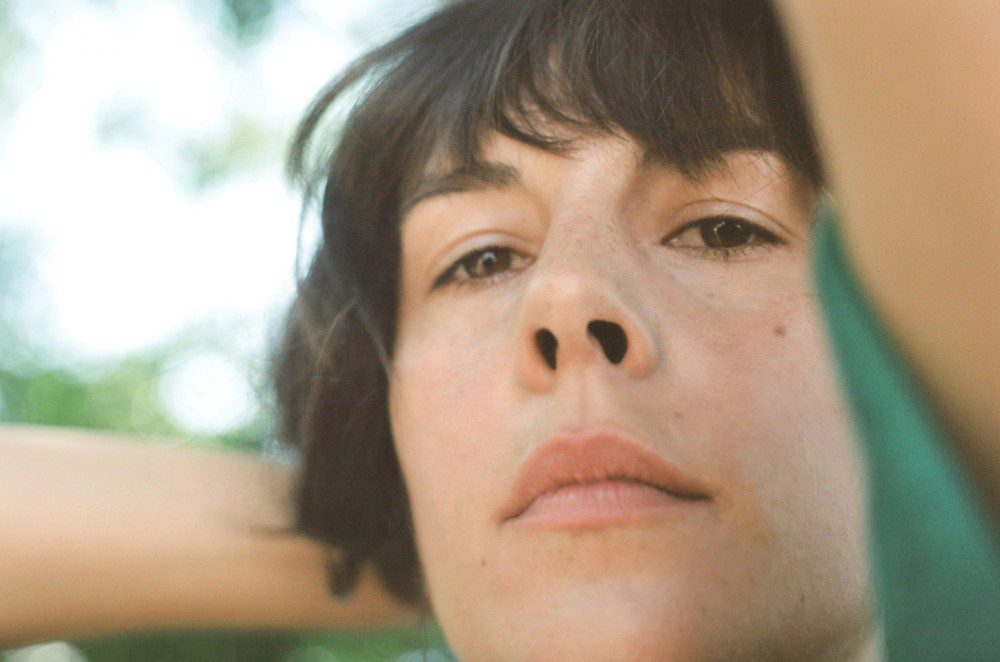
It’s clear that Diaz demands a filter of mystery around her work – even when it comes to her fans. “I feel like if I were to describe my music or the meaning of the song it would ruin it in a way,” he says. “It’s way more interesting to hear what the listener thinks it’s about. The listener should have their own intimate experience. I know how it makes me feel when someone tells me how to feel. I would tell them to go fuck themselves.” Diaz shares intimate pieces of herself in her songwriting, but her style leaves the narrative open for universal interpretation. Through her brutally honest deliveries, her harmonies and timbre add color, depth, and timelessness.
“Nervous,” a refreshingly honest track stands apart as the inner monologue we all have but maybe haven’t realized. She picks apart her neurotic tendencies, her escapist mentality for love and companionship. “I know why I lie to myself/I’m not really looking to get healthy/I have so many perspectives, I’m losing perspective,” she sings, repeating, “I make me nervous.”
“I started writing ‘Nervous’ at my old kitchen table in the winter time, a very free verse form sort of falling out. It came together in about eight minutes and I didn’t touch it for eight months,” she remembers. “I have this folder open sometimes with ideas that I’ll be working on or abandon. My manager, who is also my friend, insisted I finish it. In the gibberish I was able to discern some stuff that ended up being about my needing to get over my own neurotic patterns.”
With a quick wit, and an innate ability to craft and execute timeless songs, Madi Diaz is a pioneer for a new generation of singer-songwriters, to whom she offers one simple piece of advice. “You just gotta keep saying it exactly the way you should say it,” she says. “You should really try and just rip it straight from your journal.”
Follow Madi Diaz on Instagram and Facebook for ongoing updates.



